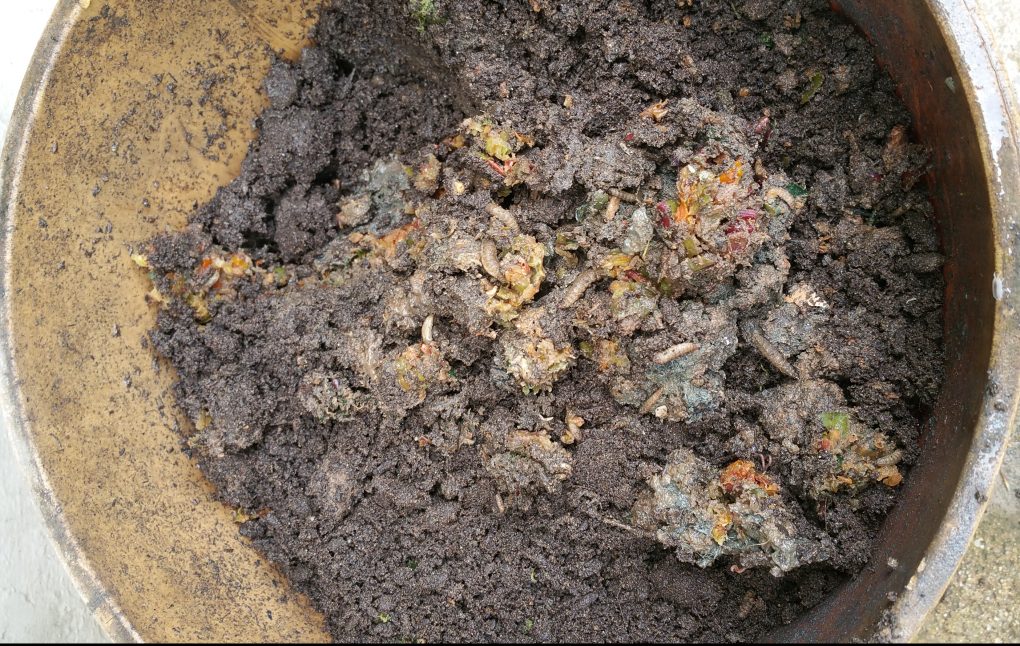1. Enhancing Food Supply KNOWLEDGE
Consumers with low food supply knowledge often find themselves buying things excessively or unnecessarily, hence resulting in food wastage. To address this problem, consumers can check their pantry, plan what to buy, and write a shopping list before heading down to store. When in the store, consumers should only buy items that are on the list so that they only get what is needed. In addition, consumers should be wary of advertising pressures or marketing gimmicks that encourage them to buy impulsively or in large amounts. Often, food wastage results when food spoils before they can be consumed.
2. ENHANCING FOOD location KNOWLEDGE
It is a good practice for consumers to have an organised system of food storage in their pantry, refrigerators, or cabinets so that they can readily identify and retrieve their desired food. An example is illustrated in the figure below, where prepared food is always stored at the top, and poultry is always stored at the bottom. Besides easy identification, this practice also prevents food contamination. Another good practice is to place products that are nearing their expiry dates at the front, such that consumers would be reminded to consume them soon. Studies have shown that consumers who are more familiar with where they keep their food, reduce food waste more effectively than those who are less familiar.
3. ENHANCING FOOD literacy
Consumers can also enhance their food literacy by familiarizing themselves with essential food storage information such as refrigeration and freezer storage times of different kinds of food. Alternatively, they can place food storage charts, such as the one below, in the kitchen so they know how long their food can stay fresh and edible. As such, consumers would be more certain of the edibility of food, and reduce the occurrences of prematurely throwing away food. Click here to view a comprehensive food storage guide which teaches us ways to extend the shelf-lives of food products!
4. keeping edible food and composting food waste
Food wastage often arises from unfinished food or abandoned meal plans. Such occurrences are sometimes inevitable, but consumers can reduce wastage by storing the food in the right temperatures and consuming them another day instead of simply throwing them away.
Composting is also a great way to reduce food waste by transforming them into organic, high quality fertilizers. in this process, nutrients are being cycled back into nature. The picture and video below is my personal compost pot placed just outside my house (look at those worms and slugs pooping out fresh compost as they bite their way through!) Composting is simple, and requires minimal resources or effort. Click here to find out more about composting and how you can compost at your own home too!


